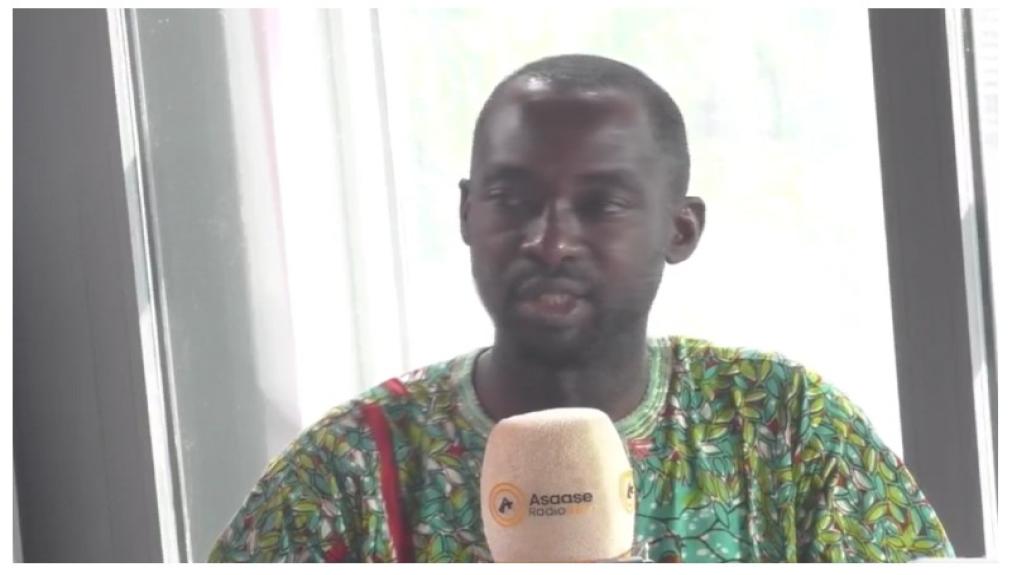


Mark Mahama Martey, President of the Motor Riders Association, acknowledged growing public frustration with the behaviour of okada riders but argued that much of the problem stems from a lack of structured engagement, support, and legal clarity
“The Motor Riders Association was formed in 2010 to unite private and commercial riders under one umbrella. We discipline our members before the police even come in. But we’ve lacked resources to hold regular workshops,” Martey stated, admitting that the last official training the association held was in 2017.
NRSA: Legal Gaps Fuel Indiscipline
Responding on the same programme, Pearl Satekla, the Public Relations Officer of the NRSA, admitted that the regulatory framework for commercial motorbike operations remains underdeveloped, despite the increasing role okada plays in Ghana’s transport ecosystem. “Currently, there is no specific law that governs commercial motorbike operations. The existing Road Traffic Regulation, LI 2180, covers only general road use — like wearing helmets and obeying traffic lights,” she explained. Satekla said that motorbike crashes were relatively low before 2013 but have increased significantly due to indiscipline and the growing popularity of motorcycles as commercial transport. While the NRSA, together with the MTTD and DVLA, previously initiated joint efforts to engage riders through education and town hall meetings, Satekla admitted enforcement has waned in recent times. “Since late last year, especially in an election cycle, enforcement has relaxed. The IGP has changed, new political dynamics are at play, and it’s affected our momentum,” she said.
Training and Reform Underway
Pearl Satekla revealed that the DVLA is currently working on a framework to license and regulate motorbike riders through structured training schools — a move aimed at formalising the okada sector. “We are undertaking groundwork to include commercial riders in legislation. We’re reviewing the motor riding bill and pushing for standards in licensing, helmet quality, and rider uniforms to distinguish commercial from private use,” she said. She acknowledged, however, that until the new bill is passed, enforcement will continue to rely on general laws which are limited in scope.
A National Dilemma:
Okada Is Here to Stay Both guests agreed that commercial motorbike transport is not going away anytime soon and stressed the need to find a middle ground between ensuring road safety and preserving livelihoods. “Commercial motorbikes have become an employment avenue for the youth. We can’t just push them off the roads — we need to educate and regulate,” said Satekla. Martey added, “We want to be involved in decision-making. We’re part of the National Road Safety Authority, so they must engage us whenever policies about riders are being discussed.”
Looking Ahead: A call for coordinated action
As Ghana awaits the passage of the revised Road Traffic Regulations to specifically address commercial motorcycle use, the burden remains on stakeholders to maintain at least a baseline level of enforcement and public education. According to Satekla, the NRSA will continue to work closely with the MTTD and DVLA to minimise road crashes while advocating for engineering solutions, such as dedicated motorbike lanes. In the meantime, both she and Martey agree that while okada offers convenience, it must not come at the expense of safety — and that indiscipline must be tackled head-on before more lives are lost.
Souce : https://asaaseradio.com/